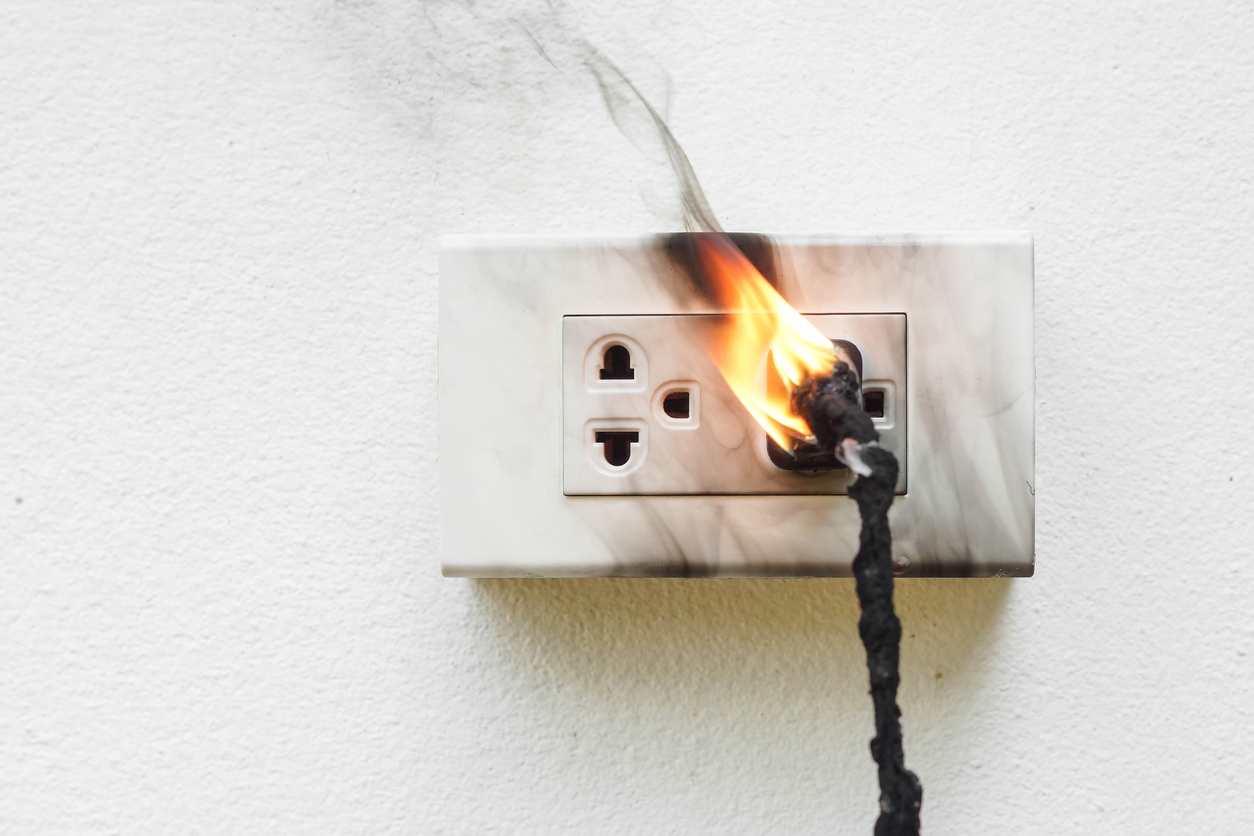
Weathering the Storm: How to Handle Electrical Emergencies at Home
Picture this: a thunderstorm rages outside, rain pelting against your windows, and lightning illuminating the sky. While the spectacle of nature’s fury is captivating, it also brings forth potential dangers, particularly when it comes to emergencies. From power outages to electrical fires and surges, the havoc a storm can wreak on our electrical systems is not to be underestimated. In this guide, we’ll delve into the realm of electrical emergencies during storms, equipping you with the knowledge and strategies you need to weather these situations with confidence and safety.
Common Electrical Emergencies During Storms:
Power Outages
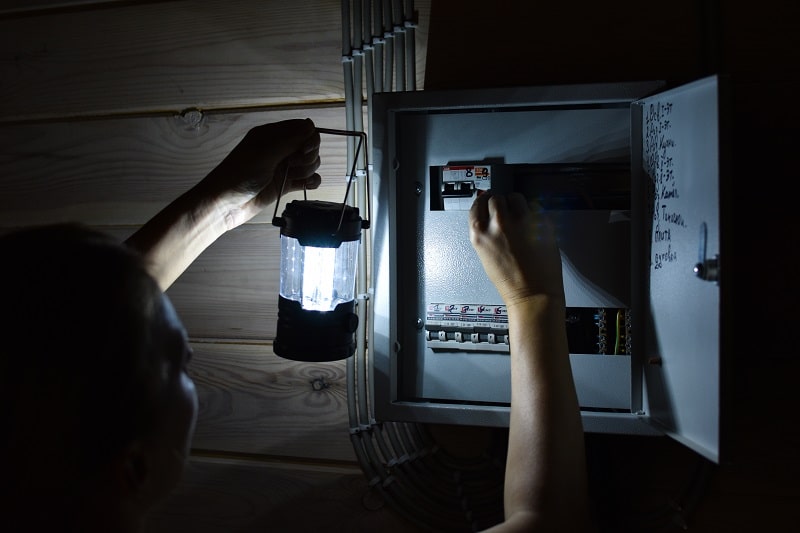
One of the most common issues during storms is a power outage. The sudden darkness can be disorienting, but it’s important to stay calm. Before anything else, check if your neighbors are also experiencing an outage. If they are, chances are it’s a neighborhood-wide issue, and you should report it to your utility company. In the meantime, keep flashlights and candles handy—simple yet essential tools that can provide you with much-needed light until power is restored.
Electrical Fires
Electrical fires can pose serious threats, and storms can increase the risk. If you notice a small fire starting from an outlet, use a fire extinguisher to put it out if it’s safe to do so. Remember, safety comes first—don’t hesitate to call emergency services. For larger fires, like those involving panels or wiring, your priority should be turning off the power supply at the main circuit breaker and evacuating your home. Professional help is a must for handling such situations.
Electrical Surges
Powerful lightning strikes can lead to electrical surges, potentially damaging your devices. To protect your electronics, unplug sensitive devices during storms. For an extra layer of defense, consider investing in surge protectors. These devices are designed to absorb excess voltage, safeguarding your valuable electronics from the unpredictable nature of electrical surges.
Preventive Measures
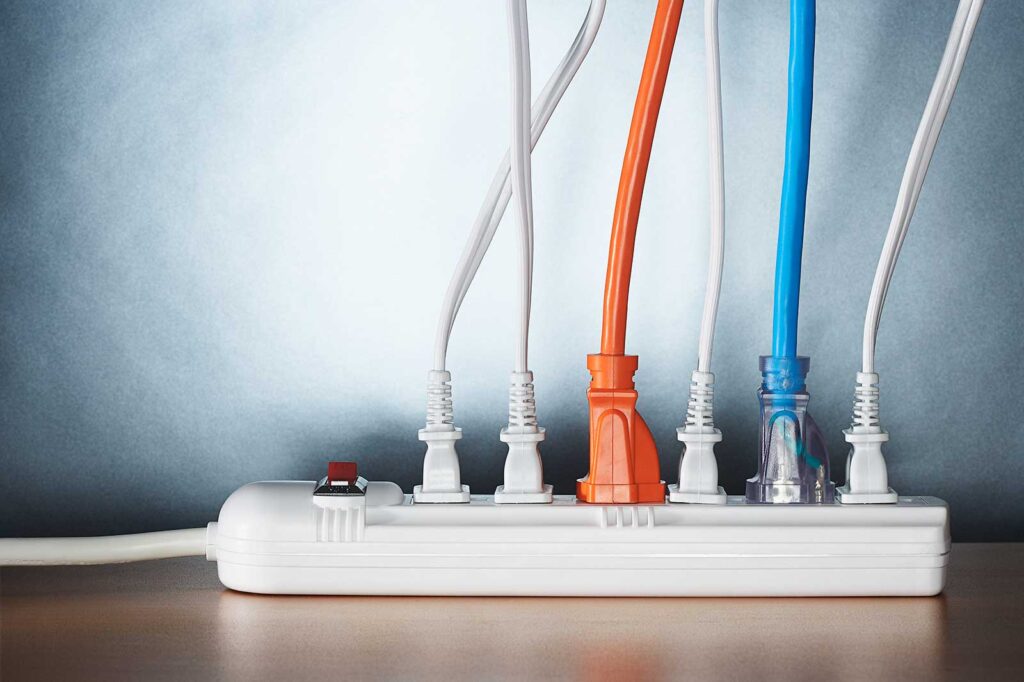
Surge protectors are your first line of defense against unexpected voltage spikes. Plug your computers, televisions, and other valuable electronics into these devices to prevent damage. Even a minor surge can wreak havoc on delicate electronics, so it’s a wise investment to make.
Just like a car, your electrical system needs regular maintenance. Hire a professional electrician to inspect your system periodically. They can identify and fix potential issues before they escalate, ensuring that your home’s infrastructure is in top shape to weather any storm.
Overhanging branches can spell disaster during a storm. High winds and heavy rain can cause them to come crashing down on power lines, resulting in outages or even electrical fires. Regularly trim trees and shrubs around your property to minimize this risk. If you fail to take care of preventive measures you should always have professional electricians such as Electrician Rotorua on your speed dial.
Preparing for Storms
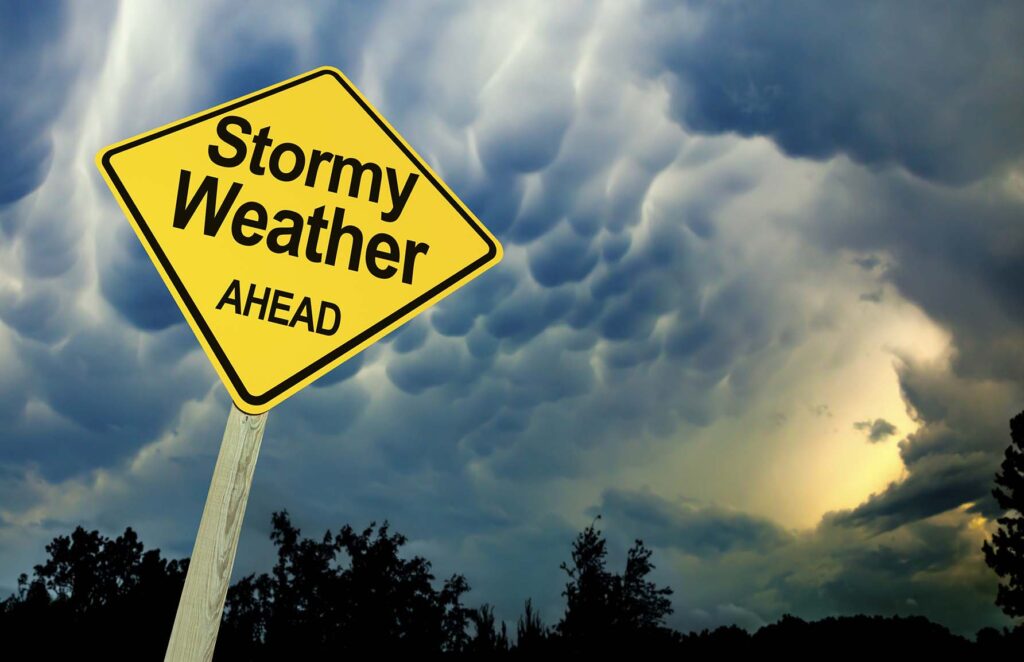
Prepare an emergency kit that includes essentials like non-perishable food, water, medications, first aid supplies, and a battery-powered or hand-crank radio. In the event of a prolonged outage, this kit can provide comfort and assistance until normalcy is restored.
Before the storm hits, unplug non-essential devices to prevent damage from power surges. This simple step can save you from potential headaches and expenses down the line.
When the lights go out, having readily accessible light sources is crucial. Keep a stash of flashlights and candles in easily accessible locations throughout your home. This not only ensures your safety but also helps alleviate any discomfort caused by sudden darkness.
Handling Power Outages
If your power goes out, don’t assume it’s an issue specific to your home. Check with neighbors to determine if it’s a broader outage. If so, report it to your utility company. Staying informed can provide you with an estimated restoration time.
Sometimes, the solution to a power outage is as simple as resetting a tripped circuit breaker. Locate your electrical panel and check if any breakers have tripped. If you find one, switch it off and then back on to restore power.
If the outage isn’t caused by a tripped breaker and affects your entire neighborhood, report it to your utility company. They need accurate information to efficiently address the issue and restore power to your area.
Dealing with Electrical Fires
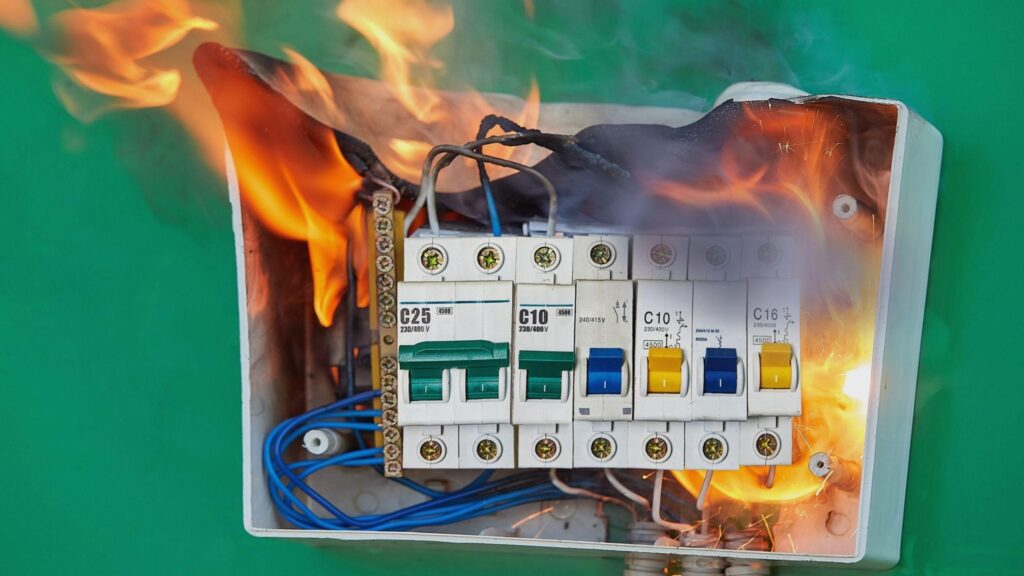
If you spot a small fire originating from an outlet or electrical device, and you have a fire extinguisher rated for electrical fires, use it to put out the flames. Aim at the base of the fire and sweep the extinguisher from side to side.
In the case of larger electrical fires involving your electrical panel or wiring, never attempt to extinguish the fire without turning off the power supply first. Your safety is paramount, so evacuate your home immediately and call the fire department.
Practice evacuation procedures with your family before emergencies arise. Have a designated meeting point and ensure everyone knows how to exit the home safely. When in doubt, evacuate and call emergency services for assistance.
Managing Electrical Surges
To protect your electronics from power surges, unplug sensitive devices like computers, televisions, and audio systems during storms. This simple step can prevent damage and extend the lifespan of your valuable equipment.
For an added layer of protection, invest in surge protectors for your valuable electronics. These devices are designed to redirect excess voltage away from your devices, ensuring they stay safe during electrical surges.
Consider consulting a professional electrician about installing whole-house surge protection. This system provides comprehensive defense against surges, safeguarding not only your electronics but also your home’s electrical infrastructure.
Post-Storm Safety Measures
After a storm, resist the urge to immediately turn your power back on. Wait for a professional electrician to inspect your electrical system for any potential damage. Restoring power prematurely could exacerbate issues and pose risks.
Inspecting Electrical Systems for Potential Hazards
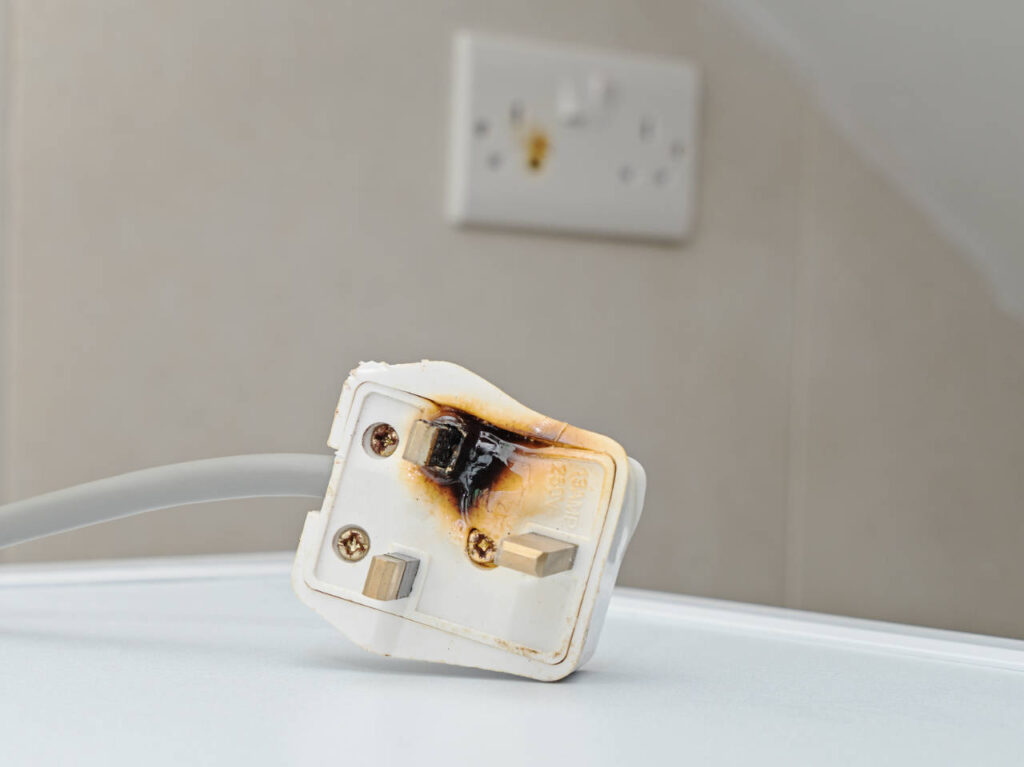
Once the storm has passed and professionals have given the green light, conduct a thorough inspection of your electrical system. Look for frayed wires, exposed components, or any signs of water damage. Address these issues promptly to avoid future emergencies.
Avoiding Standing Water Near Electrical Outlets and Appliances
Standing water and electricity are a dangerous combination. Never approach electrical outlets, appliances, or panels if you’re standing in water. If you suspect water has infiltrated your electrical system, call a professional immediately.
When to Call a Professional
If you encounter complex electrical issues beyond your expertise, don’t hesitate to call a professional electrician. Attempting to fix these problems yourself can lead to further damage or personal harm.
Smell of Burning or Unusual Sounds from Outlets
A burning smell or unusual sounds emanating from outlets, switches, or electrical panels are clear indicators of trouble. These signs shouldn’t be ignored; contact an electrician promptly to diagnose and resolve the issue.
Flickering Lights or Sparking Outlets
Flickering lights or outlets that spark can signal underlying wiring problems. These issues could potentially escalate into electrical fires if left unaddressed. Contact a professional to investigate and rectify the problem.
